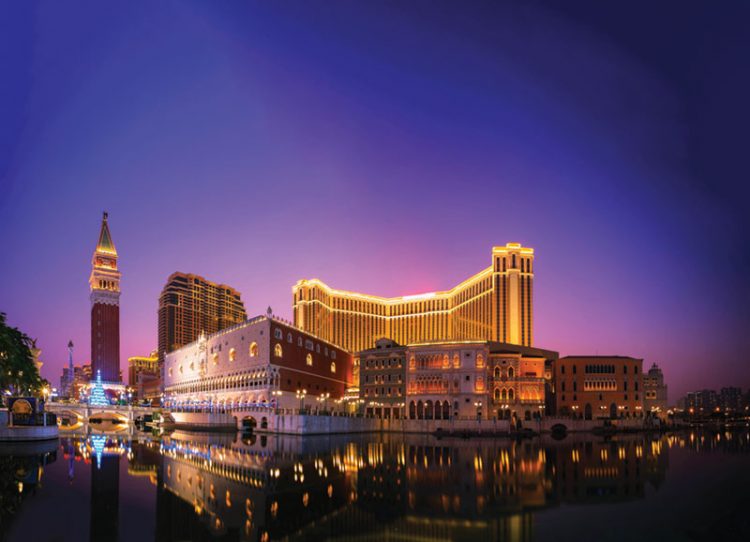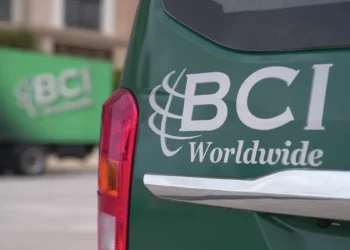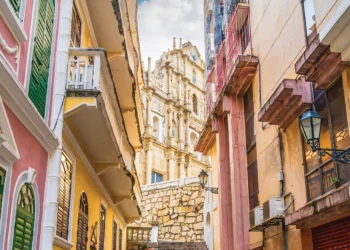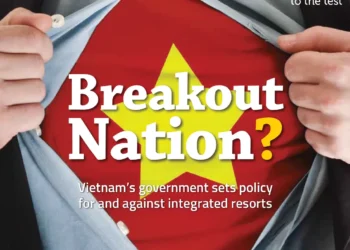For Macau and other Asian gaming destinations, full revenue recovery from COVID-19 won’t be quick.
Since gaming liberalization in Macau, the mantra has been “If you build it, they will come.” In the brave new world of COVID-19, across Asia the mantra has shifted to “If we open it, will they come?”
As border restrictions ease and more casino floors welcome visitors again, early answers will emerge. Whatever the shape of this initial gaming recovery, it can’t mask the long climb ahead to return the industry to pre-coronavirus revenue levels.
“Hopefully, Macau’s GGR can return to 2019 levels by 2022 or 2023,” University of Macau gaming expert Ricardo Siu says. The prognosis around the region is hardly more promising as casinos operate with fewer chairs at gaming tables, alternating machines deactivated and other capacity limits.
Still, easing travel restrictions promises significant improvement on gaming revenues down 95% from
April through August in Macau, and zero casino revenue during the second quarter in Singapore, the Philippines and Cambodia.
Since a government-mandated 15-day shutdown in February, Macau casinos have remained open throughout the pandemic. Travel restrictions, tightened in March, began loosening in July, first for visitors from neighboring Zhuhai – with a green health code from mainland China’s travel tracing app and negative test for the virus within seven days – then for all of Guangdong province, followed by resumption of Individual Visit Scheme (IVS) visas for Guangdong residents in August and for the rest of mainland China from 23 September. IVS travelers to Macau numbered a record 13.1 million last year, accounting for 47% of 27.9 million mainland visitors, and one-third of the 39.4 million overall arrivals. Visitors of all types from Guangdong represented similar numbers in 2019.
To jumpstart travel, the Macau Government Tourism Office and the six casino concessionaires launched a mainland marketing campaign with special promotions for visitors. Observers expect visa issuance will be back to pre-COVID normal by the middle of October.
GOODBYE LBITDA?
Analysts believe gaming revenue will grow as visitors return. Morgan Stanley Asia Pacific Managing Director Praveen Choudhary forecasts October GGR will be down 70% from last year’s US$3.3 billion, Macau’s highest gaming revenue month of 2019.
JP Morgan Head of Asian Gaming, Leisure and Education DS Kim is more optimistic, forecasting GGR down 55% to 60%.
“This is an important mark, as most operators can print positive EBITDA with break-even points hovering at 35% to 45% of 2019 levels,” Kim writes in a report with analysts Derek Choi and Jeremy An.

For the full fourth quarter, Sanford Bernstein Senior Analyst Vitaly Umansky estimates recovery accelerating to a 40% decline from last year’s US$9 billion. JP Morgan’s Kim sees a fourth quarter decline of 40% to 45%, with 2021 revenue down 15% in the first quarter, 10% in the second quarter and back to 2019 levels in the third quarter.
At the other end of spectrum, The Innovation Group Senior Vice President, International Operations Planning & Analysis Michael Zhu projects fourth quarter GGR down at least two-thirds, “more likely in the 70% to 75% range.”
“I remain less than optimistic about Macau,” Klebanow Consulting Principal Andrew Klebanow says. “Macau GGR levels will not recover to pre-pandemic levels until there is a safe and effective vaccine coursing through the veins of 70% of the population. In all likelihood that will not occur until sometime in 2022, with gaming revenues returning to pre-pandemic levels in 2023.”
Adds Zhu, “It’ll probably take more than a year to see a full recovery, with success in vaccines and/or cure medicines, but then the upcoming retendering of concessions in 2022 may make it more cloudy in other aspects.”
CONSUMER CONFIDENCE
Forecasts “remain largely educated guesses at this time,” a September research note from Bernstein’s Umansky with analysts Tianjiao Yu and Kelsey Zhu cautions. “We believe the drivers of recovery will be confidence levels of customers to travel and spend, opening up Hong Kong to Macau travel and an increase in frequency of air transportation within Greater China to airports in Guangdong/HK/Macau to facilitate long-haul travel. Further, the pace of recovery will be partly driven by the economic environment in China, including any significant monetary easing (with the latter looking less likely at present).”
Despite the pandemic slowdown, Zhu believes Chinese consumers have enough disposable income to support gaming recovery.
“They do in the long run, but unlikely within the next 12 months or so,” he says. “A lot of them are sort of in a wait-and-see mode before they feel sure about which direction to go.”
Says Sui, who also directs the University of Macau’s Center for Tourism and Integrated Resort Studies, “Negative income and wealth effects to Chinese patrons under the trade war and political tensions between the US and China may continue vexing the market in the coming years.”
HONG KONG CONNECTION
There’s still a big piece of Macau’s travel puzzle missing – Hong Kong – which, unlike Macau, has experienced repeated waves of COVID outbreaks. Travelers from Hong Kong to Macau remain subject to 14-day quarantine. Hong Kong accounted for 7.35 million visitors, nearly one-in-five Macau arrivals, in 2019. But its impact goes beyond that.
“A lot of people don’t understand: so much of the traffic to Macau is driven through Hong Kong,” Delta State Holdings Managing Partner David Bonnet explains. That includes mainland travelers, often from Shenzhen, that combine visits to Hong Kong and Macau, and those arriving at Hong Kong International Airport bound for Macau, a transfer simplified by the Hong Kong-Zhuhai-Macau bridge.
“They spent 15 years figuring out their infrastructure with no barriers to the airport, with building a US$20 billion bridge, with all the bus contracts,” Bonnet, a former Macau gaming executive, says.
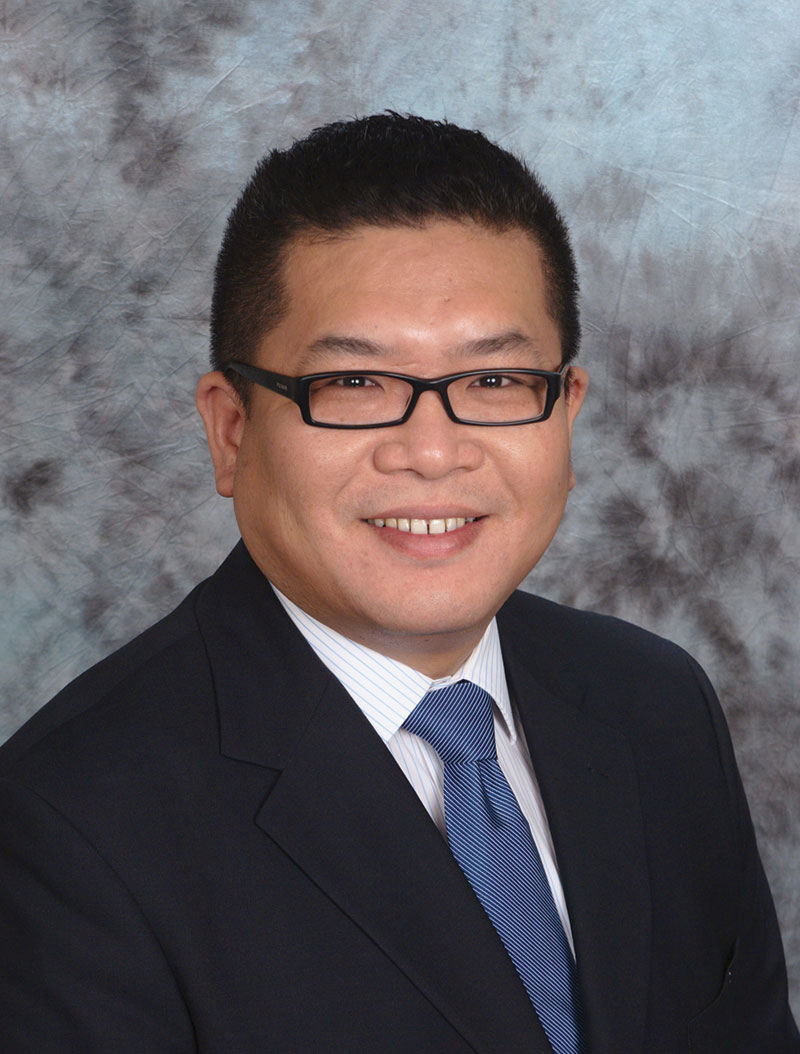
“They developed a very efficient system to attract a huge number of tourists into a relatively small geographic area. Then they were very efficient at putting roadblocks on that all of a sudden [due to COVID-19], and they’re going to have to figure out a way to get back to where they were, and that includes Hong Kong.”
Most analysts expect premium players to lead Macau’s recovery. Limited capacity suggests operators will market to their biggest spenders. Analysts believe premium players have been less impacted by economic ills accompanying the virus and are more ready to travel. But not everyone believes VIPs will lead Macau’s revival.
“Recovery in Macau has to rely on mass. VIP is such low-quality revenue, a low-margin, high-volatility, commoditized business that’s highly competitive,” Bonnet says.
“Integrated resorts are built on business plans that require 20,000 people or more every day to drive primarily mass market [gaming], mass-market and luxury retail businesses,” Bonnet adds. “IRs can’t sustain on a couple of VIPs coming in and playing.”
HOME COOKING
Beyond Macau, Singapore reopened its IRs on 1 July. In late August, PAGCOR greenlighted Manila casinos to begin “trial run” reopenings at 30% capacity. Korea’s foreigner-only casinos have opened and closed in response to new coronavirus outbreaks, while Kangwon Land has been mainly closed throughout. Self-governing Jeju island’s Casino Policy Division has implemented COVID response protocols and has four of its eight casinos open. Vietnam’s only casino for nationals, Corona Resort on Phu Quoc island, is waiving the entry fee for qualified citizens through 14 October. Those destinations and others around the region have virtually no foreign visitors entering – particularly challenging for foreigner-only casinos.
“The formation of travel bubbles between adjacent nations that have tamed the virus presents the best opportunity for an initial recovery,” Andrew Klebanow says. “Unfortunately, travel bubbles, like most bubbles, are fragile. Any resurgence of the virus in one nation can cause a travel bubble to burst.”
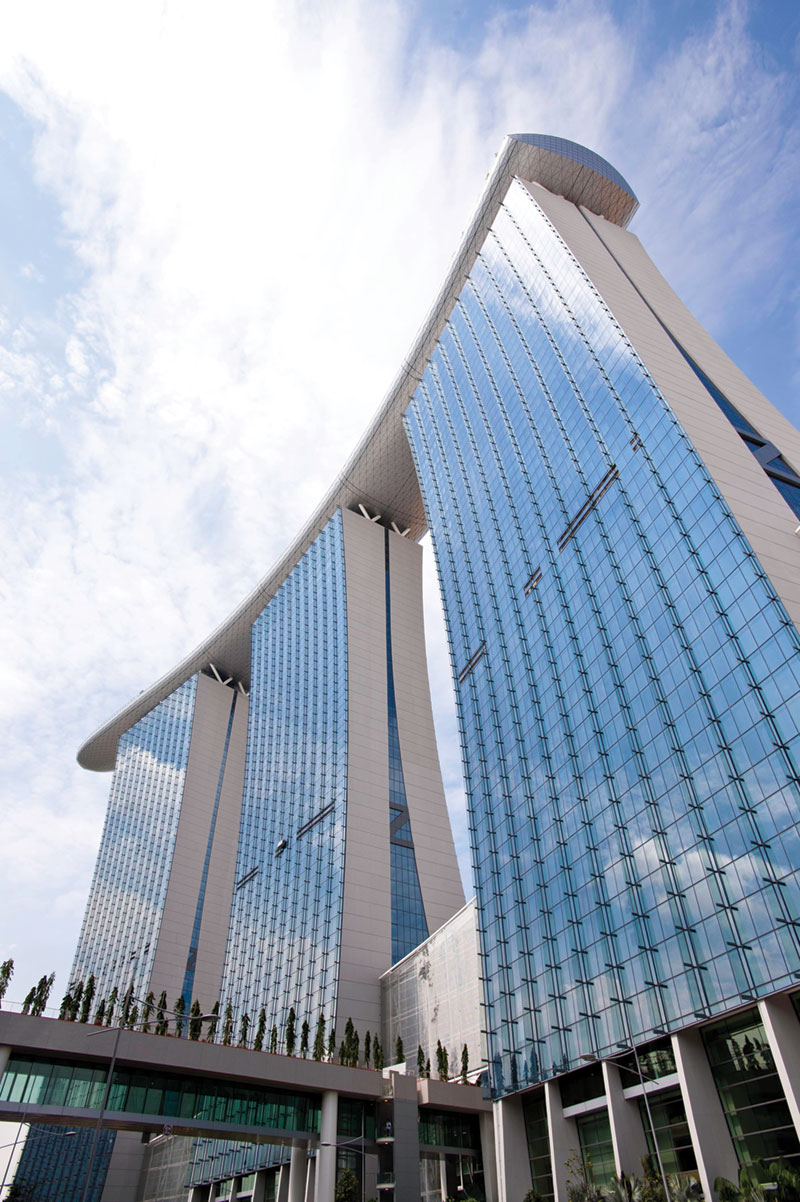 Marina Bay Sands and Resorts World Sentosa gaming floors are open only to their loyalty card holders and players that have paid Singapore’s SG$3,000 (US$2,205) annual entry fee for that casino. Singapore permits “essential” business travel from Malaysia, China, South Korea and Japan (as of 18 September) with sponsorship by companies or government agencies, testing upon departure and upon arrival, plus a “controlled itinerary” for the first 14 days, and from early September allowed visitors from New Zealand and Brunei without quarantine, resulting in a handful of daily arrivals. Sources indicate these exceptions have not had meaningful impact on casino revenue.
Marina Bay Sands and Resorts World Sentosa gaming floors are open only to their loyalty card holders and players that have paid Singapore’s SG$3,000 (US$2,205) annual entry fee for that casino. Singapore permits “essential” business travel from Malaysia, China, South Korea and Japan (as of 18 September) with sponsorship by companies or government agencies, testing upon departure and upon arrival, plus a “controlled itinerary” for the first 14 days, and from early September allowed visitors from New Zealand and Brunei without quarantine, resulting in a handful of daily arrivals. Sources indicate these exceptions have not had meaningful impact on casino revenue.
Major RWS attractions Universal Studios and S.E.A. Aquarium are open along with hotels and the “majority” of F&B and retail outlets, management tells Inside Asian Gaming. Morgan Stanley’s Choudhary, Gareth Leung and Thomas Allen write that RWS has the “highest revenue exposure to international travelers among regional peers, at 75%,” so it figures to recover more slowly than MBS until international travel is restored.
At MBS, the rooftop SkyPark is open along with the infinity pool, the latter for hotel guests only (as usual) by appointment. MBS plans to resume conventions in October under a Singapore pilot program with a limit of 250 delegates. MBS says its MICE events will have COVID-19 health and safety protocols and be carbon neutral.
TRIAL RUN
In the Philippines, Morgan Stanley estimates 53% gaming revenue at Bloomberry Resorts’ Solaire is derived from local players, making it a good recovery bet. Solaire has been accommodating long-term guests throughout the pandemic.
Regulator PAGCOR’s “trial run” easing enabled Solaire to reopen retail and most restaurants, along with the casino for “invited guests,” according to Bloomberry CFO and Treasurer Estella Tuason-Occeña.
“We are ready to reopen more of our capacity as soon as we are allowed to by PAGCOR and the government,” Tuason-Occeña explains.
City of Dreams Manila COO Kevin Benning says, “During the lockdown, we focused on building a new digital interface for our clients that will deliver them the highest level of service and support, powered by a number of touchpoints” including an app and Visitor Information Kiosks on site.
“As we are concerned with the safety and security of our team members and guests, we have decided to operate with limited F&B outlets and limited retail options,” Okada Manila Senior Vice President-Premium Marketing Shirley Tam says. Resorts World Manila didn’t respond to inquires from IAG.
 The region’s early recovery crown belongs to NagaWorld in Phnom Penh, which also hosted hotel guests throughout the pandemic. Since NagaWorld reopened its gaming floor in July, amid capacity controls and social distancing restrictions, Morgan Stanley estimates VIP rolling at 98% of first quarter numbers, mass table volume at 90% and slot volume at 93%.
The region’s early recovery crown belongs to NagaWorld in Phnom Penh, which also hosted hotel guests throughout the pandemic. Since NagaWorld reopened its gaming floor in July, amid capacity controls and social distancing restrictions, Morgan Stanley estimates VIP rolling at 98% of first quarter numbers, mass table volume at 90% and slot volume at 93%.
“We estimate 40% to 45% of Naga’s 2019 GGR exposure is to domestic gamblers, which is not affected by travel ban/quarantine measures,” the analysts write, referring to the 100,000-plus Chinese and other expatriates resident in Cambodia’s capital.
“As casinos opened up in the United States with limited non-gaming offerings, they experienced dramatically improved operating margins,” Klebanow, a seasoned casino executive, notes. “Unprofitable dining outlets, primarily buffets, were closed and headline entertainment was suspended. With just slot and table game revenue, margins improved. Any non-gaming amenity that violates social distancing guidelines will remain closed until the pandemic is abated.”
And, if it’s up to bean counters, maybe beyond.
Blacklist Shadows
In late August, China’s Ministry of Culture and Tourism declared it would create a “blacklist” of overseas gambling destinations that target mainland Chinese travelers. Beijing threatens travel bans in response, no details given.
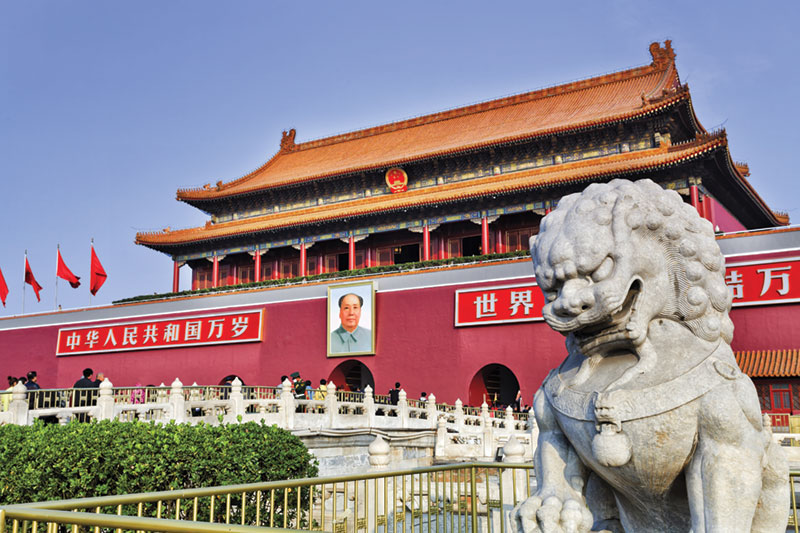 “While outbound tourism from China has been nil in the recent six months, we suspect the PRC initiative is at least partially in response to ongoing online gaming, video streaming and proxy betting as well as a further attempt to control capital outflows,” Union Gaming Global Head of Institutional Research John DeCree says. “Markets such as the Philippines, Vietnam, Cambodia, Russia and Korea could all be possible targets of the travel ban.”
“While outbound tourism from China has been nil in the recent six months, we suspect the PRC initiative is at least partially in response to ongoing online gaming, video streaming and proxy betting as well as a further attempt to control capital outflows,” Union Gaming Global Head of Institutional Research John DeCree says. “Markets such as the Philippines, Vietnam, Cambodia, Russia and Korea could all be possible targets of the travel ban.”
Klebanow Consulting Principal Andrew Klebanow adds, “The announcement’s purpose was to deliver a clear message to certain nations, particularly the Philippines, that China will not tolerate seeing US$8 billion a year in online gambling losses flow out of the country.
“Cambodia heeded China’s request and shut down its online gaming operations at the end of 2019. President Duterte rebuffed the PRC’s request and allowed Philippine Offshore Gaming Operations [POGOs] to continue to operate. There will be a price to pay for that.”
CAPITAL CONTROLS
China’s efforts aren’t only about punishment.
“To ensure the effectiveness of fiscal and monetary policies to stimulate internal demand and ensure economic stability in the mainland, the Chinese government’s administrative measures to control capital and fund outflows from the mainland will remain serious in the foreseeable future,” University of Macau Associate Professor of Business Economics Ricardo Siu says.
Macau is not a target of the blacklist, but high-end Chinese gamblers often use shadow banking services that mainland authorities are targeting.
“It’s inevitable we will see some dent in the pace of VIP recovery given potential collateral damage,” JP Morgan analysts DS Kim, Derek Choi and Jeremy An write.
“The junkets/agents who bring players to non-Macau markets are the same ones as those in Macau, and they will most likely keep a low profile for now to avoid any fallout from the clampdown.”
There have also been recent reports of cash withdrawals en masse from Macau’s junkets on concerns over their ability to access funds, and rumors that some, including Suncity Group, may be facing their own financial shortfall due to COVID-19.
Suncity has denied this, with CEO Alvin Chau even going to the extreme of revealing the junket’s financials in July in order to allay investor concerns.
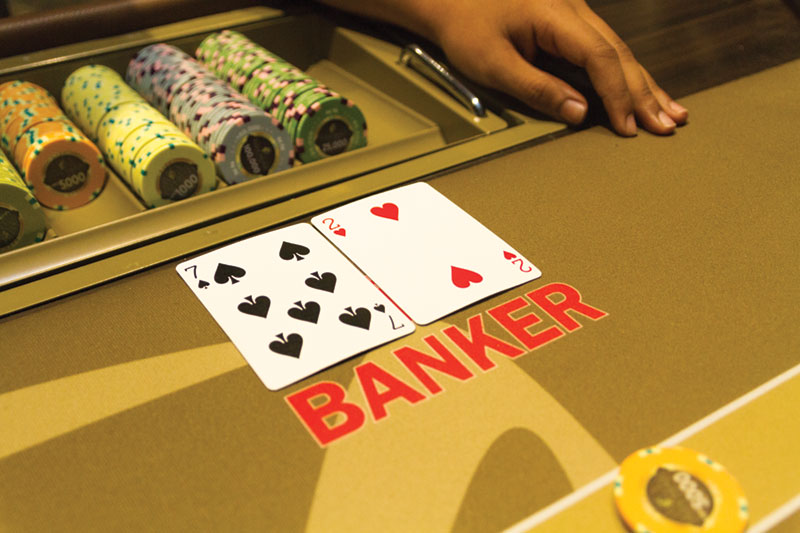 “We have the capability and enough capital to offset any bad debts and chip deposits of all clients,” Chau said. “I would like to reiterate that Suncity is a very stable financial platform.”
“We have the capability and enough capital to offset any bad debts and chip deposits of all clients,” Chau said. “I would like to reiterate that Suncity is a very stable financial platform.”
Overall, though, Beijing would prefer for Chinese that gamble to do it in Macau, where they can be more carefully monitored, rather than overseas. An executive requesting anonymity likened China’s action to “flood control,” distributing the problem to the least harmful location.
Morgan Stanley analysts Praveen Choudhary, Gareth Leung and Thomas Allen see the blacklist in the longer term “as positive for Macau, which could benefit from onshoring of gaming spending similar to luxury retail sales.”
They write, “Chinese gamers drive the majority of VIP revenue at overseas destinations (Singapore, the Philippines and Cambodia), and that could add up to 30% more VIP revenue for Macau.”






